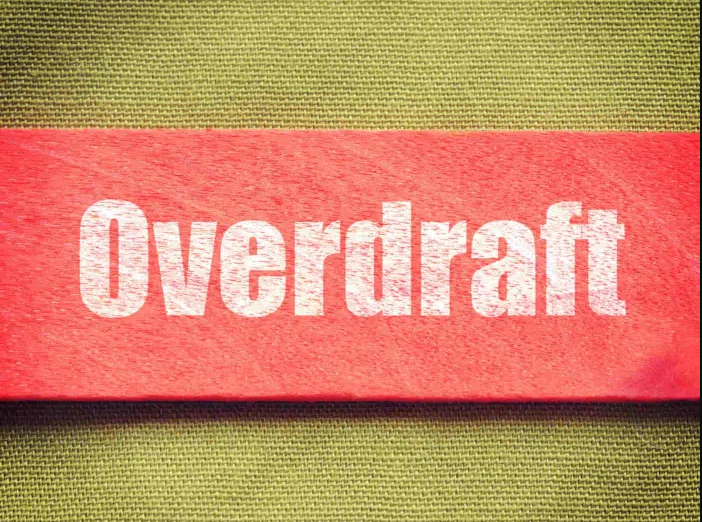Does your bank or credit union charge overdraft or NSF fees that you believe are improper? Did you receive a mail about a class action on the settlement to resolve claims about banks or credit union charging improper overdraft fees? This review will help you partake in the class action settlement after confirming the authenticity of the mail.
What Is Bank & credit union overdraft fee Class Action Settlement?
Bank and credit union customers may be the victims of improper overdraft fee practices. Reports suggest that many banks and credit unions have been raising the overdraft fees they impose on ATM withdrawals, debit card balances, and checks.
Pinched by the effect of fewer consumers overdrawing on their accounts, many banks and credit unions have steadily increased the amount they charge consumers when they spend or withdraw more money than they have in their checking accounts.
Additionally, consumers have reported that their banks and credit unions have processed their transactions out of order in an effort to maximize the number of overdraft fees they are able to charge. Or charged multiple non-sufficient funds fees on a single transaction.
The Consumer Financial Protection Bureau is currently taking a look at overdraft fee practices and may release new rules. However, the promise of future regulation does not help those who have already been faced with allegedly excessive overdraft fees.
What Is This Class Action All About?
An overdraft fee is a fee that a bank or credit union or other financial institution charges to move money to a checking account in order to pay for a transaction. This transfer may be from a linked money market or checking account, or it may be the result of a loan made by the financial institution. The bank or credit union will then impose a fee for the transfer or the loan. Overdraft fees may also be known as insufficient funds fees, courtesy pay fees, or something similar.
Rules regarding overdraft protection changed in 2010. Before the Overdraft Protection Law passed, most financial institutions automatically enrolled customers in overdraft coverage. Then in July 2010, the Federal Reserve enacted the Overdraft Protection Law, which prohibited banks automatically enrolling customers and instead requiring banks to inform customers they have to opt in or opt out at any time for overdraft protection services.
This law only applies to transactions that are not preauthorized, such as ATM withdrawals and debit card transactions. Pre-authorized withdrawals, such as automatic bill payments and checks, do not fall under the umbrella of the Overdraft Protection Law and still can still lead to an overdraft fee.
Lawsuits against banks and credit unions may be filed over failure to disclose fee structures, mismanagement of funds, or other improper financial practices.
According to the several bank overdraft fees class action lawsuit, overdraft fees were processed out of order deliberately so that customers were charged the highest possible amount in overdraft fees.
Purposefully processing transactions out of order is just one of several possible deceptive overdraft practices that credit unions and banks have allegedly used.
According to the several bank overdraft fees lawsuit, banks would also continuously allow their customers to overcharge their checking accounts regardless of insufficient funds. This brought about additional overdraft fees as well.
Who Is Eligible?
The settlement benefits all class members who were charged unfair overdraft fees or NSF fees by your bank or credit union that you believe were improper for any reason. If you qualify, an attorney will contact you to discuss the details of your potential case at no charge to you.
How To Be Part of This Settlement
For a class member to partake in this settlement, they must submit their Valid claim on the settlement website.
What Is The Pay For This Settlement?
The pay for this settlement varies and the proof of purchase is not necessary.
Conclusion
As you submit your claim to the settlement website, just like Uterine and Ovarian Cancer class action settlement we have reviewed , you’re doing so under penalty of perjury. You are also harming other eligible Class Members by submitting a fraudulent claim.


